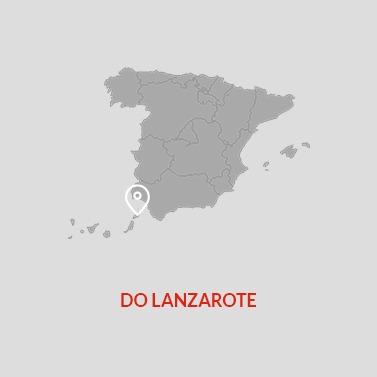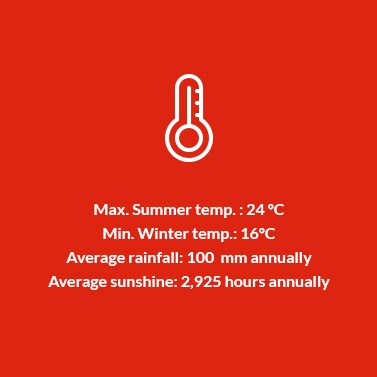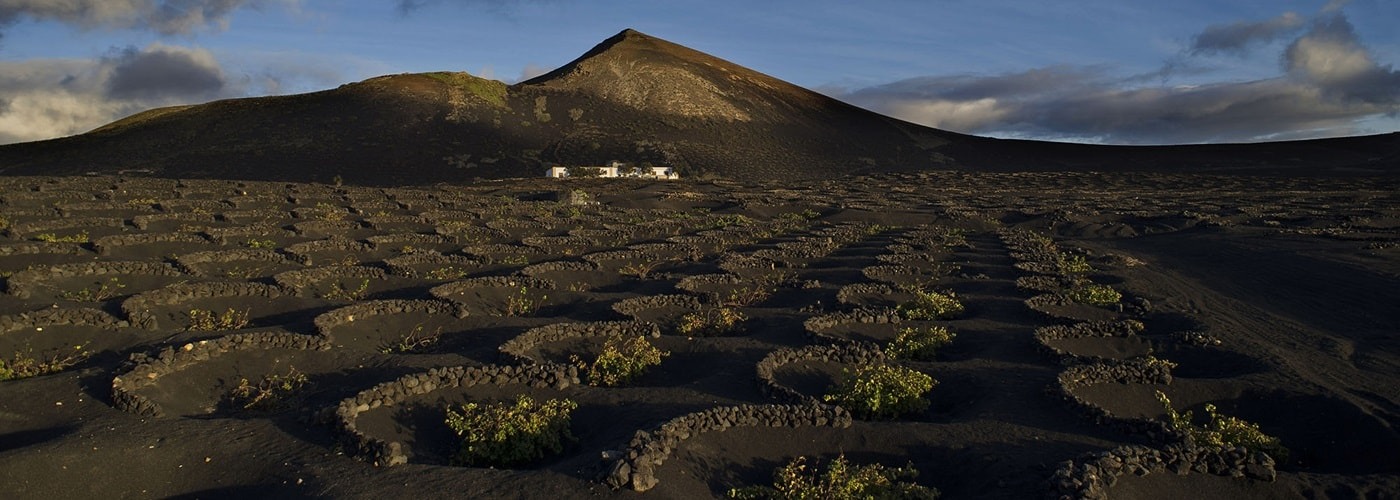3,708,873 kg
You are here
Lanzarote DO


Lanzarote, the Canaries' most easterly island, boasts some of Spain's most distinctive and spectacular landscape.
Over the centre of the island spreads a vast expanse of black solidified lava. No weeds or vegetation can grow there, but the outer edges of the lava field provide a unique vineyard terroir rich in volcanic ash called lapilli where vines are planted in hollows (hoyos) or trenches (zanjas ).
Their roots reach underneath the ash to the soil below. Each hollow is surrounded by a cairn (abrigo) to protect it from the prevailing Saharan winds. Malvasía is planted in more than three-quarters of the vineyards.
Regulatory Council
Consejo Regulador DO Lanzarote
Arrecife, 9
San Bartolomé-Lanzarote
Las Palmas
Tel.: +34 928 521 048 / +34 928 521 313
info@dolanzarote.com
dolanzarote.com
Sources
- Spanish Ministry of Agriculture
- Regulatory Council, Lanzarote PDO
Modern winemaking techniques will help the DO's winemakers achieve new quality levels in coming years.


1,837 ha.
100-500 meters. Being 670 meters the island maximum height.
Soils are perfectly diferentiated, with deep red soils on old basaltic formations. Fossil soils appear as they have been covered by recent volcanic eruptions or rain deposits. The lapilli layer, or "picon", covers the topsoil of the vineyard, facilitating the rapid seepage of rain, preventing the evaporation of the vegetal soil, and maintaining a constant temperature of the soil (thermoregulatory effect).
Malvasía Volcánica, Listán Blanca, Burrablanca, Breval, Diego, Moscatel and Pedro Ximénez.
Listán Negro (negra común) and Negramoll (mulata).
7,000 kg/ha
72%
2,190,206 kg
2,735,032 kg








